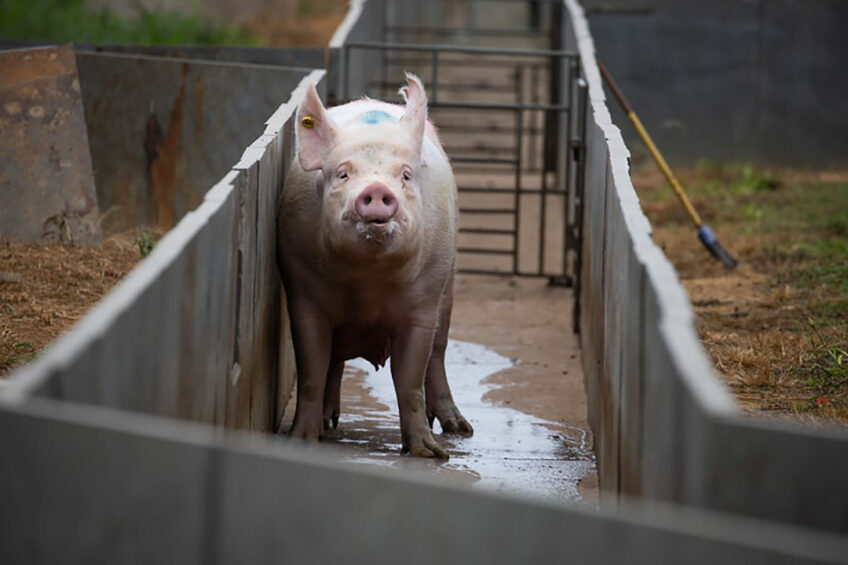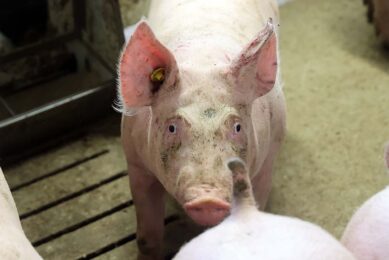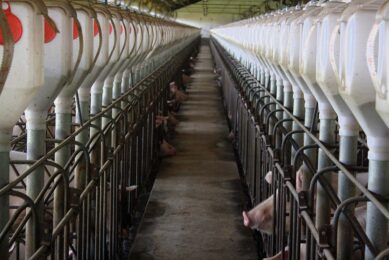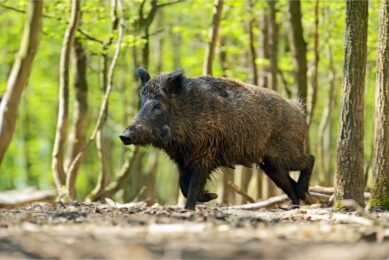ASF cases in Asia strengthen Brazilian exports

Brazilian pork export increased with 15,7% in the first quarter of 2023 in comparison to the same period last year. The country exported 274.800 tonnes this season against 237.500 tonnes between January and March of 2022.
In the same period, revenue from export totaled US$ 646.3 million. This is 29.6% more than the total of the first 3 months of 2022, which totaled US$ 498.5 million. “Rising production costs in the world, as well as the impact of health issues in several producing countries have supported the trend of increasing demand”, analyses president of the Brazilian Association of Animal Protein (ABPA) Ricardo Santin.
He saw a sales increase in 8 out of the 10 largest importers of Brazilian pork in the last month. “Unlike what we saw in the first quarter of 2022, the first 3 months of this year follow at a pace equivalent to that of the second half of last year. This indicates a year with a comparative upward trend in exports.”
First shipments to Mexico
With 106.900 tonnes, Brazil recorded a 16.9% increase in pork exports in March, compared to the same month in 2022. In revenue, March sales totaled US$ 248.9 million, a number 30.8% higher than that obtained in March 2022, which ended with US$ 190.3 million. “In addition to the traditional export destinations, the first shipments of pork from Brazil to Mexico took place this month”, assesses ABPA’s director of markets, Luís Rua.
Rua says the resurgence of African Swine Fever (ASF) in China and the Philippines should also keep Brazilian exports at levels above 100.000 tonnes a month in the coming months.
China leads purchases
China, the main destination of pork shipments, imported 109.600 tonnes between January and March. This was 25.6% more than in 2022, which totaled 87.200 tonnes. In the same period, sales to Chile also stood out with 21.300 tonnes (+96.8%), the Philippines, with 17.800 tonnes (+8), Singapore, with 15.900 tonnes (+25 .8%), and Japan, with 7.200 tonnes (+36.9%).
 Beheer
Beheer








 WP Admin
WP Admin  Bewerk bericht
Bewerk bericht